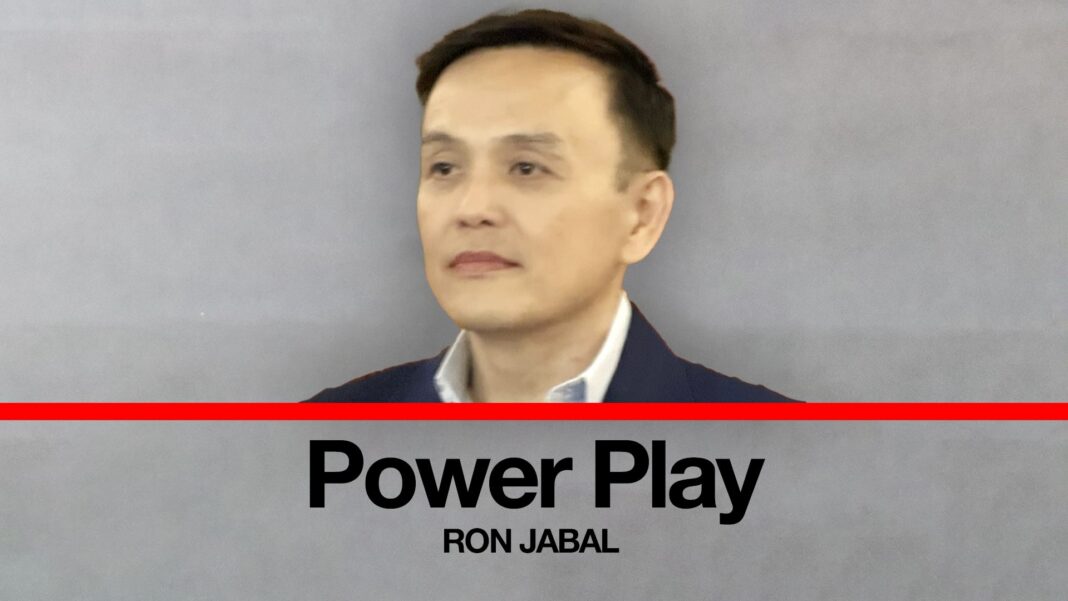While it would take more than an hour and a half to address every problem facing the country, President Ferdinand Marcos Jr.’s fourth State of the Nation Address (SONA) was most telling not in what was said but in what was deliberately left out.
Like in his previous SONAs, Marcos gravitated toward topics that immediately resonate with the masses: cheaper rice, “love bus” zero-balance billing, overtime pay for public school teachers, and internet for all, among others. He even admitted that “data and statistics meant little to the public,” an acknowledgement of how distant macroeconomic numbers are from the daily struggles of ordinary Filipinos.
One of Marcos’ strongest moments came when he condemned the systemic corruption in flood control projects, directly linking it to the extensive damage caused by the southwest monsoon and Typhoons “Crising,” “Dante,” and “Emong.”
“Kitang-kita ko na maraming proyekto para sa flood control ay palpak at gumuho at ’yung iba, guni-guni lamang,” Marcos said, exposing how public works meant to protect Filipinos had been turned into a web of “kickbacks, initiatives, errata, SOP, for the boys.”
Calling out these practices, he thundered, “Kaya sa mga nakikipagsabwatan upang kunin ang pondo ng bayan at nakawin ang kinabukasan ng ating mga mamamayan, mahiya naman kayo sa inyong kapwa Pilipino! ” The President doubled down, appealing for justice for flood victims and future generations burdened by debt incurred through corruption: “Mahiya naman kayo sa mga kabahayan nating naanod o nalubog sa mga pagbaha. Mahiya naman kayo lalo sa mga anak natin na magmamana sa mga utang na ginawa ninyo, na binulsa n’yo lang ang pera.”
The President’s fury earned a standing ovation, deservedly so.
But beyond these headline-grabbing pronouncements, his address skirted the heavier, more contentious issues: matters that require bold political capital, uncomfortable conversations, and clear strategies.
The elephants in the room
Yet, for all the President’s passion on corruption, the SONA remained silent on other pressing concerns.
Consider online gambling. After banning Philippine offshore gaming operators (POGOs) in 2024, many expected a decisive pronouncement against the mushrooming of domestic online gambling platforms. These platforms, plastered across major highways with promises of easy money, have bled households dry and normalized gambling addiction. Yet, the President chose silence.
The West Philippine Sea, another conspicuous gap, was reduced to the same diplomatic line Marcos has used since 2022: that the Philippines is “a friend to all, an enemy to none.” This is a stark downgrade from last year’s defiant promise not to yield “a single inch” of territory, especially at a time when Chinese incursions are intensifying.
On the economy, Marcos delivered vague reassurances about resilience without confronting uncomfortable truths. There was no mention of our failure to achieve upper-middle-income status, the risks to meeting our GDP growth targets, or our growing trade vulnerabilities, particularly with the United States’ stubborn 19% tariff on Philippine goods. His trip to Washington netted a mere 1% reduction, hardly the diplomatic triumph worth celebrating.
The climate crisis, which Marcos recently downplayed as the “new normal,” was treated with the same transactional lens. His solution? Audit flood projects and punish corrupt contractors. Necessary, yes, but woefully inadequate in the face of illegal logging, the collapse of reforestation programs, and the reported destruction of marine ecosystems in the West Philippine Sea.
Labor, too, was neglected. Marcos neither endorsed nor explained his administration’s position on a legislated wage hike, a pressing issue amid soaring living costs. Nor did he mention long-delayed bills like the SOGIE Equality Bill, divorce legislation, or any meaningful social reforms that would bring Philippine law in step with global norms.
The ICC question, politically explosive as it may be, also went unmentioned. For a president whose predecessor faced international scrutiny for a bloody drug war, his silence is a calculated political maneuver. But in evading the issue, Marcos leaves Filipinos guessing about the country’s position in a matter with huge implications for justice, diplomacy, and the rule of law.
Finally, political instability within his own administration received zero acknowledgment. With Vice President Sara Duterte openly criticizing him and her Senate allies emboldened, Marcos had an opportunity to confront the fractures in his coalition. Instead, he offered the limp appeal to “set aside differences.” In place of his usual rhetoric of “unity,” the silence was deafening.
A pattern of safe politics
The Marcos SONAs are developing a pattern: offer retail solutions to everyday problems, leave the intractable issues to post-SONA briefings by Cabinet secretaries, and avoid topics that could cost political capital.
But governance is not about selective storytelling. It’s about setting the tone for where the nation stands on its most pressing challenges. On this front, the President’s address fell short.
In an era of geopolitical tension, economic headwinds, climate uncertainty, and political volatility, what we need is not just a president who listens to what ordinary Filipinos want to hear but one who has the courage to speak about the difficult truths they need to confront.
Until then, we remain a nation fed with soundbites and starved for vision.


